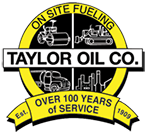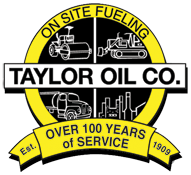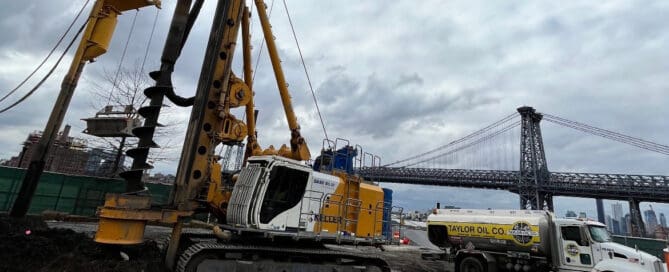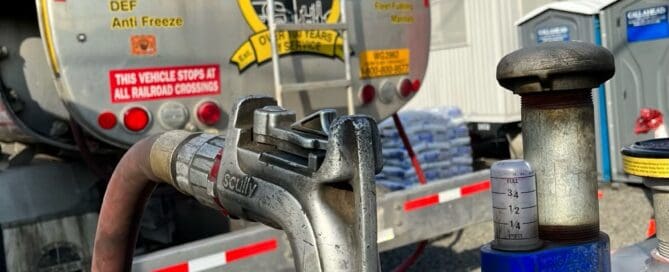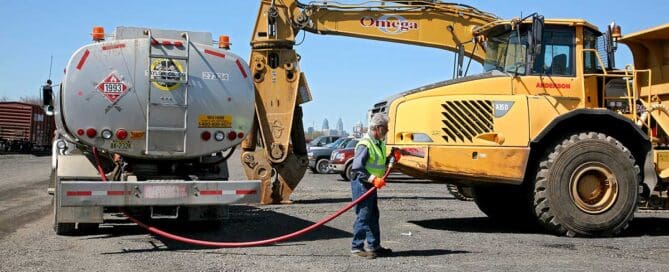Timely Lubrication for Equipment
In the ever-competitive world, companies are always on the lookout for ways to trim their operating costs. Lower expenses not only give you a competitive edge but also lead to healthier profit margins. One of the key strategies for achieving cost savings in manufacturing is proper equipment maintenance, and a pivotal aspect of this is timely lubrication. When you adhere to a well-planned lubrication schedule, you can significantly reduce costs by mitigating unnecessary friction, corrosion, and costly repairs. In this article, we'll delve into the many benefits of timely lubrication and how it can extend the life of your machines. Corrosion Corrosion, the nemesis of machinery, occurs when your equipment is exposed to oxidation. Left unchecked, corrosion can reshape moving parts and cause detrimental friction. However, the right lubricants act as a protective shield for your machinery, safeguarding essential components from damage. The extent of protection you achieve depends on the type of lubricant used. For instance, petroleum and synthetic oils are invaluable for applications involving rolling chains in high-capacity operations. Petroleum-based lubricants are known for their high melting points, making them capable of withstanding harsh temperatures. This property renders them particularly useful in warm, humid environments where corrosion [...]
